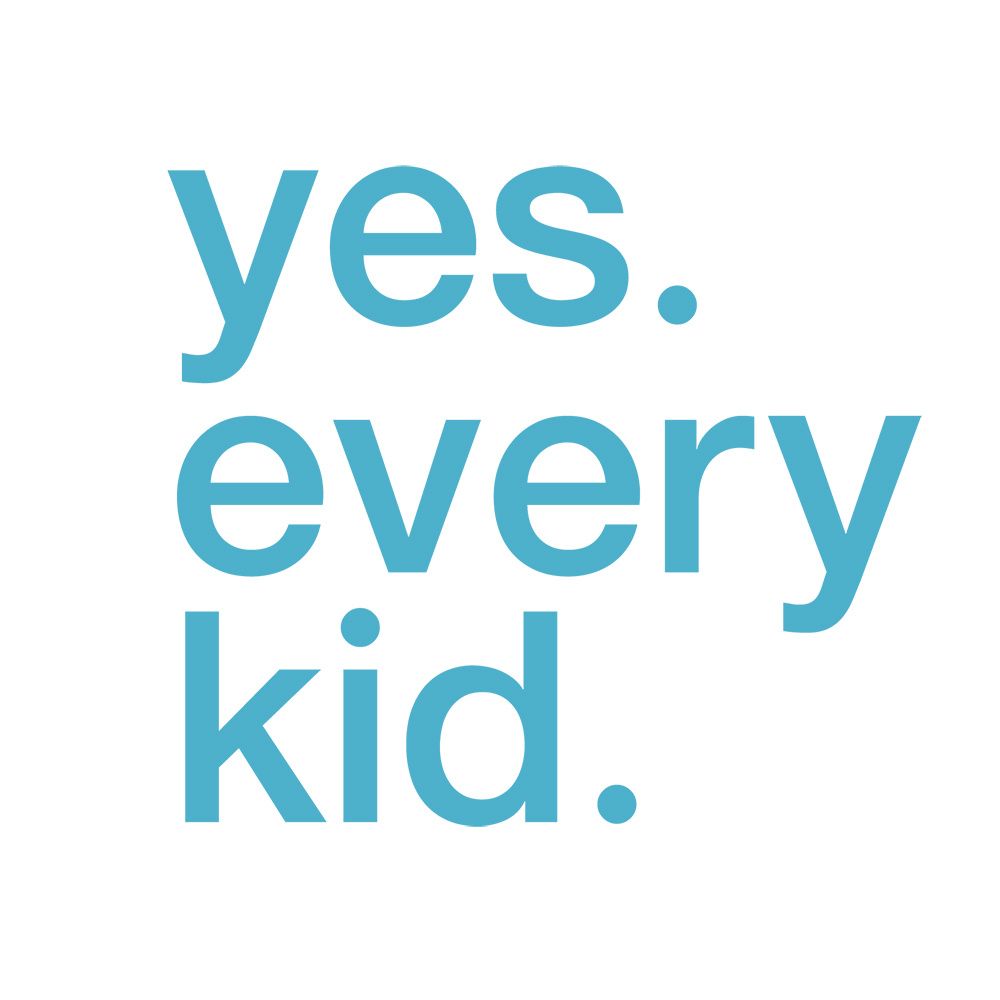DERRELL BRADFORD: Testing is complicated and essential, which is to say as long as we're paying for it somebody is going to want to know if it works. I think the question is always — it's like the uncertainty principle in physics, the act of measuring something can change it and is the change worthwhile and/or is the measurement so narrow that it doesn't tell us anything that we need to know?
And so, what I've been, and what I think a lot of people are considering now, is how do we not throw out the baby with the bathwater when we talk about measuring the improvement, hopefully constant improvement, of our kids of all types and in all locations while they're in school? So, in thinking about a future where measurement still matters the balance we're trying to strike is can you add and subtract? Do you know how to read well? Which is so critical, if you're not reading well by the time you're in the fourth grade you stand less than a 10 percent chance of ever reading well. I can't think of a more hostile prison than illiteracy that too many of our people of all races, incomes and places are consigned to. So, how do we make sure we got those two things right while providing a more holistic set of indicators that parents care about a lot? Safety. Does my kid feel cared for? Do they feel respected and challenged? That's a much softer and more difficult thing to measure, but it's clear that it's very important.
And then at the far edge of this discussion is not two variables, you take reading and math, and not reading and math plus some other things that people value, but 50 indicators that covers so many things that they are meaningless, which is like not the place that I think we want to be. I'm not a psychometrician, I don't write reading tests but I'm really happy that I can read and I think most people that can pretty much are and we're trying to engage in a process that values all of this now so that we can still figure out whether or not our kids got the message.
Measurement is also important for two different reasons: one is that it is good to know whether or not anything happened, but knowing what happened doesn't get you much leverage to change culture. So, measurement is very close to the fulcrum of how you make policy or cultural change, which means you can lean on it a lot and it might not changed much. Social change, like true transformations in how we think about who we are as a people, as a nation and what our ideas should be is much harder to do, but when it flips everything flips. So, you can look at a ton of different instances of this in the last decade, marriage equality is a great example. Like I can remember Barack Obama saying on the campaign trail that marriage was between a man and a woman and then five years later love is love. You couldn't do that leaning on measurement very close to the fulcrum.
You could do that in the hearts and minds of that people changed in a way that made something big and important like fairness acceptable. And our desire to measure the future has to embrace that. It's got to embrace the difference in schooling necessary to get people to accept that. It's got to embrace the different paths that people take to success. Like some people are really good at math and really good at tests and they like that world. Some people are not good at those things and they hate that world. How do we respect both of those things in a way that still produces literate numerate children who can take their place in our society and our democracy? These are huge open questions right now. I think we thought we had the answers to a lot of these things. I think we did have the answers to some of them. I think figuring out what the answers to those questions are is the essential work of the next 10 or 15 years.






